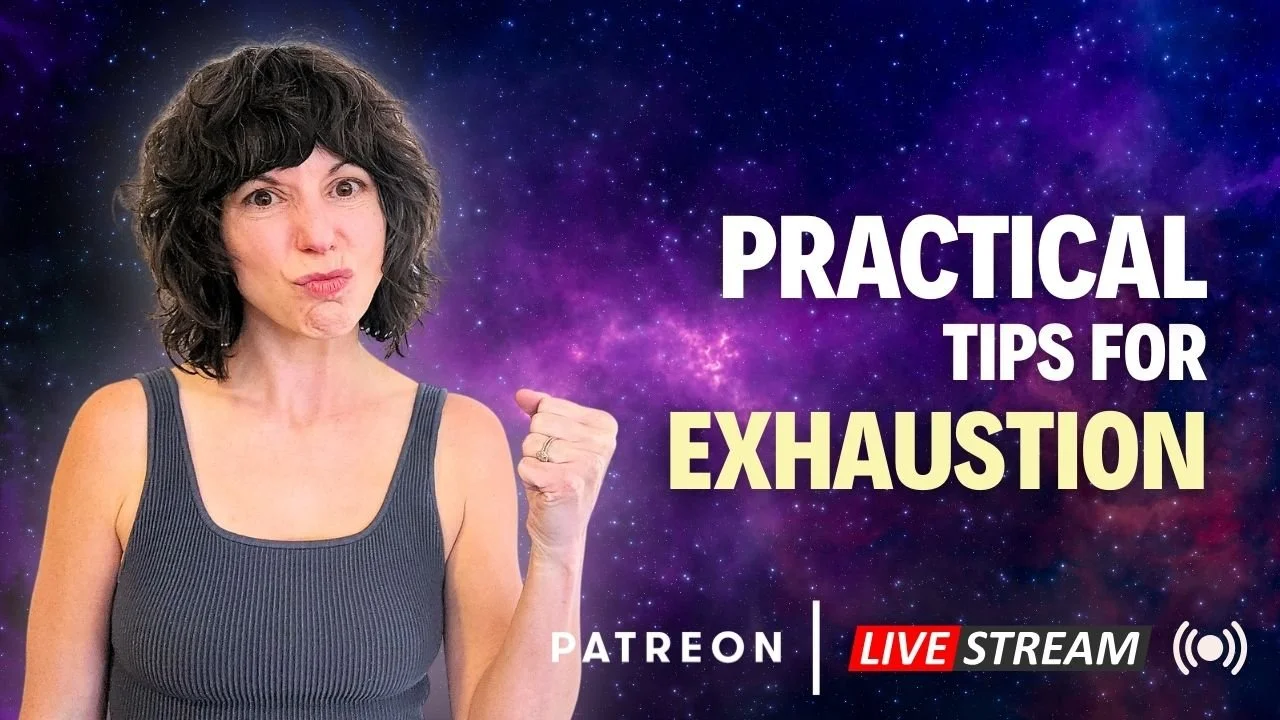The Italian Yankee and the Southern Belle: Lessons in Love and Family Dysfunction
Have you ever felt like giving up on dating after experiencing repeated disappointments? I have. After two divorces, dating seemed daunting. Navigating mental health issues, past co dependency, and fear of repeating mistakes made me hesitant. Yet, I discovered that embracing clear boundaries could lead to healthier relationships.
Challenges and Realities of Online Dating and Mental Health
Dating today feels complicated, especially as a Highly Sensitive Person (HSP). Online dating presents unique mental health challenges. I recall receiving over 1700 messages after creating a dating profile. While flattering, it also triggered overwhelm and fear. Many HSPs experience heightened anxiety in similar situations.
Clear communication and strong boundaries saved my sanity. I intentionally stated in my profile that I was seeking genuine connections, explicitly deterring superficial interactions. This directness reduced stress and allowed me to manage expectations effectively.
Navigating Cultural Differences with Boundaries
When I met my husband, Chris, our cultural differences became apparent quickly. As a Southern woman marrying an Italian Yankee, I realized how deeply ingrained my expectations about politeness were. Southern culture emphasizes subtlety, sometimes encouraging people pleasing behaviors. Chris’s directness, typical of New Yorkers, initially startled me.
For instance, Chris often walked ahead of me, a behavior that triggered deep-rooted cultural expectations. Rather than silently resenting this, I established clear boundaries through honest conversations. Open dialogue helped us both adjust, enhancing our emotional connection and mutual respect. Understanding cultural differences and expressing expectations openly can significantly improve your relationships and mental health.
Lessons from Dysfunctional Families and Codependency
Coming from a dysfunctional family taught me profound lessons about love and relationships. My experiences involved substantial emotional trauma, while Chris’s family dysfunction was milder but equally influential. Many of us from dysfunctional backgrounds grapple with codependency and struggle to establish healthy boundaries.
Chris described past relationships characterized by intense codependency, particularly with partners who had unresolved issues. Similarly, I had relationships marked by emotional neglect and manipulation. Recognizing these patterns allowed us to break cycles, improve our emotional well-being, and strengthen our bond. Breaking free from codependency requires self-awareness, intentional boundary-setting, and active personal growth.
Freedom and Fear in Childhood Development
Childhood experiences shape our adult relationships and mental health profoundly. Reflecting on my childhood freedom made me realize how critical those experiences were. Growing up, I had autonomy to explore and face fears independently, nurturing resilience. This freedom contrasts starkly with the overprotective approaches many parents adopt today.
Chris shared similar stories of independence in Brooklyn. These moments taught crucial lessons about navigating risk, managing fear, and developing personal responsibility. Allowing children manageable risks fosters emotional resilience, preparing them to handle life's inevitable challenges effectively.
Reflections on Popular Culture, Boundaries, and Mental Health
Media can provide unexpected insights into family dysfunction and emotional healing. Chris revisited the series "The Sopranos," noticing its profound portrayal of toxic family dynamics, lack of boundaries, and the complexities of love entwined with dysfunction. Such reflections help in understanding our family histories better.
Recognizing unhealthy patterns in media can illuminate similar dynamics in our lives. It encourages us to establish firm boundaries, prioritize our mental health, and confront harmful behaviors within our relationships.
Practical Insights for HSPs and People Pleasers
As a Highly Sensitive Person, managing people pleasing tendencies is crucial for emotional well-being. Historically, I struggled with prioritizing others' comfort over my emotional needs. I learned the importance of setting boundaries to protect my mental health and avoid emotional burnout.
Practical strategies include clearly communicating your limits, practicing saying "no," and prioritizing self-care without guilt. Remember, setting boundaries is an act of self-love, especially critical for HSPs and individuals recovering from codependency.
Ultimately, healthy relationships depend on continuous growth, emotional intelligence, and firm boundaries. Embracing these practices empowers us to build authentic connections and improves our overall mental health and resilience. How will you implement clearer boundaries in your relationships today?
Episode Tags
- ADD 1
- Abuse 17
- Alcohol 3
- Anger 11
- Archetypes 1
- Bullying 6
- Childhood 37
- Codependency 10
- Covid 4
- Crystal Catalina 4
- Depression 15
- Detachment 2
- Disassociation 4
- Emotions 75
- Existentialism 2
- Faith 1
- Family 28
- Fatigue 4
- Focus 3
- Gratitude 11
- Grief 14
- Guilt 2
- Healers 7
- Healing 52
- High Sensation 4
- Hope 1
- Hypervigilance 7
- Introverts 6
- Lonliness 9
- Love 3
- Manifesting 5
- Manipulation 20
- Masculinity 1
- Men 1
- Mindfulness 39
- Money 10
- Music 3
- Nutrition 2
- Overthinking 8
- PTSD 13
- Parenting 12
- People Pleasing 9
- Perfectionism 6
- Pets 4
- Relationships 21
- Resiliency 14
- Sadness 1
- Self Esteem 19
- Self Love 11
- Self Respect 1
Upcoming Events
Episode Tags
- ADD 1
- Abuse 17
- Alcohol 3
- Anger 11
- Archetypes 1
- Bullying 6
- Childhood 37
- Codependency 10
- Covid 4
- Crystal Catalina 4
- Depression 15
- Detachment 2
- Disassociation 4
- Emotions 75
- Existentialism 2
- Faith 1
- Family 28
- Fatigue 4
- Focus 3
- Gratitude 11
- Grief 14
- Guilt 2
- Healers 7
- Healing 52
- High Sensation 4
- Hope 1
- Hypervigilance 7
- Introverts 6
- Lonliness 9
- Love 3
- Manifesting 5
- Manipulation 20
- Masculinity 1
- Men 1
- Mindfulness 39
- Money 10
- Music 3
- Nutrition 2
- Overthinking 8
- PTSD 13
- Parenting 12
- People Pleasing 9
- Perfectionism 6
- Pets 4
- Relationships 21
- Resiliency 14
- Sadness 1
- Self Esteem 19
- Self Love 11
- Self Respect 1




















